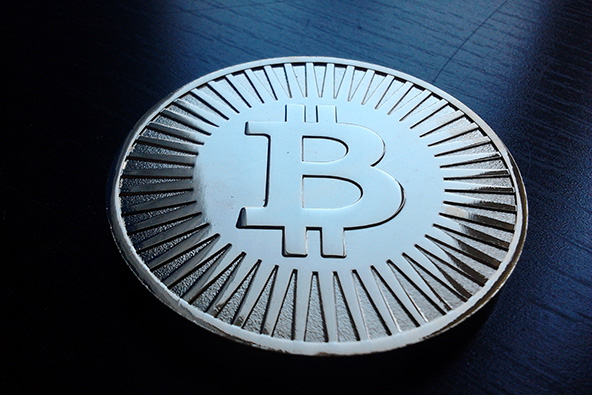Fed: Credit Card Rewards Programs Subsidized by the Poor

A recent report from the Federal Reserve Bank of Boston concluded that America’s lower-income consumers are in fact subsidizing the cost of credit card rewards programs, while the benefits are largely reaped by those who need them the least. Here is the gist of the report:
Merchant fees and reward programs generate an implicit monetary transfer to credit card users from non-card (or “cash”) users because merchants generally do not set differential prices for card users to recoup the costs of fees and rewards. On average, each cash-using household pays $151 to card-using households and each card-using household receives $1,482 from cash users every year [a total transfer of $1,633 from the average cash payer to the average card payer]. Because credit card spending and rewards are positively correlated with household income, the payment instrument transfer also induces a regressive transfer from low-income to high-income households in general.
…
On average, and after accounting for rewards paid to households by banks, when all households are divided into two income groups, each low-income household pays $9 to high-income households and each high-income household receives $434 from low-income households every year. The magnitude of this transfer is even greater when household income is divided into seven categories: on average, the lowest-income household (< $20,000 annually) pays a transfer of $23 and the highest-income household (> $150,000 annually) receives a subsidy of $756 every year. The transfers among income groups are smaller than those between cash and card users because some low-income households use credit cards and many high-income households use cash. Finally, about 83 percent of banks’ revenue from credit card merchant fees is obtained from cash payers, and disproportionately from low-income cash payers.
Now, in order to make sense of these numbers, we need to understand how processing fees are assessed. Every time a bank card is used for payment, the merchant is charged a processing fee, which can range anywhere from less than one percent to as high as 3.5 percent or higher, depending on how the payment is accepted (swiped, key-entered, submitted online, etc.) and the type of credit card used. Generally, debit cards are cheaper to accept than credit cards, and regular credit cards are, in turn, cheaper than rewards credit cards.
So the report points to the fact that, for credit card sales, merchants only get paid 97 percent – 99 percent of the sale’s amount, while they get 100 percent of the cash sales. Moreover, accepting rewards card costs about 0.10 percent – 1.50 percent more than accepting regular credit cards, depending on the pricing model.
The authors then make the assertion that, because merchants are not allowed to surcharge card transactions, prices are higher for everyone. The upshot is that everyone pays 1 percent – 3 percent higher prices, but those paying with rewards cards are getting some of it (or more than that) back.
Earlier this year, the big retailers used this very argument to convince Congress that the high processing fees card issuers charge are paid indirectly by consumers through higher retail prices. They succeeded and the result is that the Federal Reserve is now charged with regulating the interchange fees on debit card transactions. Interchange fees make up the bulk of the total processing fees.
Now, if you take the merchants’ argument a step further, you would have to conclude that, once interchange fees go down, retail prices would have to fall accordingly. Unfortunately, it is far more likely that the banks’ lobbyists would be justified in their skepticism and any fee reduction would be mirrored by an equal rise in the merchants’ revenues. Not only are prices unlikely to fall but, if merchants have their way and win the right to add a surcharge to card transactions, prices will rise for cardholders. If that is the case, lower-income cash users will pay just as much as they do now, however using cards will become costlier. Moreover, the “monetary transfer” from the poor to the rich will be reduced, but it will not be eliminated.



Good one!